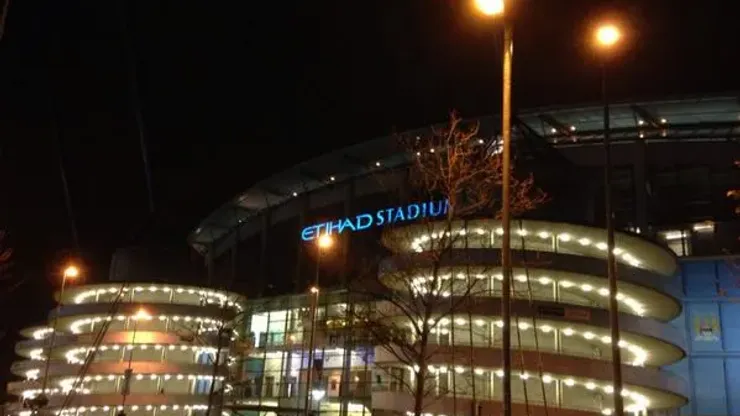In an exclusive interview for the Guardian, Manchester City chairman Khaldoon al-Mubarak criticized Michel Platini’s planned control of football club expenditure. He has a point.
Platini wants new financial rules by 2012. Under those guidelines, Clubs would spend within their soccer-generated income. Failure to do so would end in a European ban. Khaldoon argues that this calcifies the status quo.
“The argument that this is unhealthy suggests that the big clubs, which make the most money, must remain the big clubs, that the status quo must remain,” Khaldoon responded. “Is Mr Platini saying that only Real Madrid and Barcelona have the right to be competitive in La Liga?”
Clubs have a natural potential based on city size. A Madrid club will earn more than one in Tenerife. This is, however, too simplistic to explain why Barcelona, Real Madrid and Manchester United generate revenue.
“You have to spend money to make money.” It’s a cliche, but it’s true. Teams must invest in players to generate revenue. Superclubs – such as Real Madrid, Barcelona, Man U, Inter Milan – are established because they have spent more money than other clubs for decades.
Platini’s implication is that Manchester City’s spending is unnatural. It’s not. It’s a necessary step to catch up with competitors. City’s crime, seemingly, is investing at an advantageous time during an economic downturn.
The point of Platini’s proposal is to protect financial stability in the game. As Khaldoon points out, Manchester City are perhaps the most financially stable club in Europe.
“I could accept the argument if we were artificially building up the club through debt,” Khaldoon said. “That produces a destructive end result; we have seen that happen. But in our case, the club will be in the healthiest position because there is no debt. We have funded it through equity [permanent investment], including the signing of the players.
“I believe what we are doing is a fair way to inject competition into football, without debt.”
If debt is destabilizing, Manchester United and Liverpool, bought on debt transferred to the club, are more threatening. The clubs’ sales alone have amassed over $1.5 billion in debt. Abu Dhabi’s purchase of City, in contrast, did not affect the league’s financial climate directly.
City have spent £200m on players under Abu Dhabi ownership, but it’s not as though they are driving the market up. Elite players do not want to go to Manchester City regardless of money. Players they have spent exorbitantly on, Tevez and Robinho, were only realistic targets for a few clubs. Their lesser buys, if anything, are benefitting the rest of the EPL. Everton aren’t crippled by receiving twice as much as they should have for Joleon Lescott.
Platini’s proposal selects a scapegoat in Manchester City. Attacking City is convenient, but it does not address true problems of inequality and economic stability. To do so, Platini would need to take on established clubs on wage limits, transfer caps and a luxury tax. Pushing those proposals would solve the problem. Unfortunately, it would also hasten the inevitable European Super League.
200+ Channels With Sports & News
- Starting price: $33/mo. for fubo Latino Package
- Watch Premier League, Women’s World Cup, Euro 2024 & Gold Cup
The New Home of MLS
- Price: $14.99/mo. for MLS Season Pass
- Watch every MLS game including playoffs & Leagues Cup
Many Sports & ESPN Originals
- Price: $10.99/mo. (or get ESPN+, Hulu & Disney+ for $14.99/mo.)
- Features Bundesliga, LaLiga, Championship, & FA Cup
2,000+ soccer games per year
- Price: $5.99/mo
- Features Champions League, Serie A, Europa League & Brasileirāo
175 Premier League Games & PL TV
- Starting price: $5.99/mo. for Peacock Premium
- Watch 175 exclusive EPL games per season






